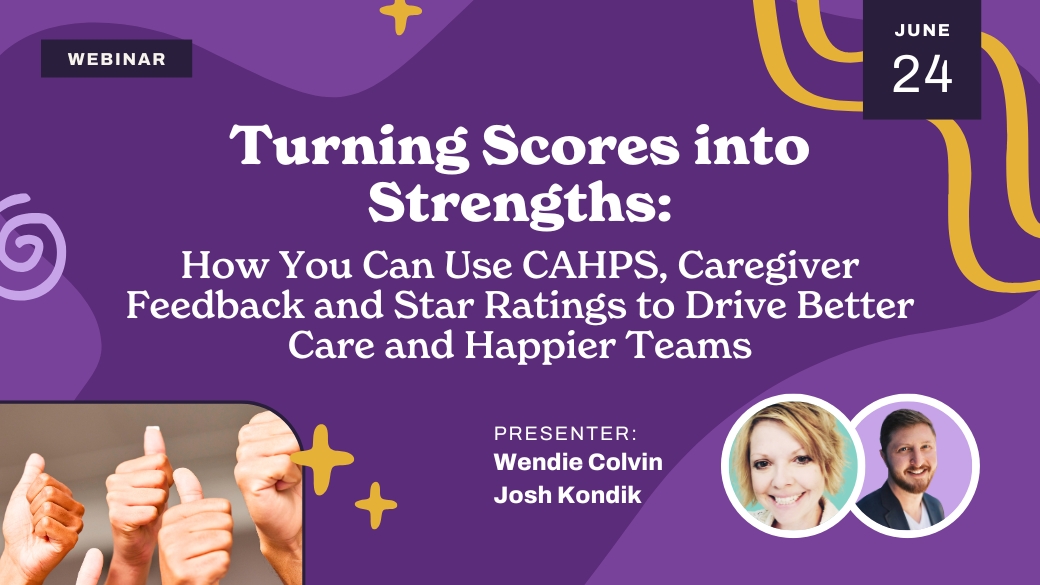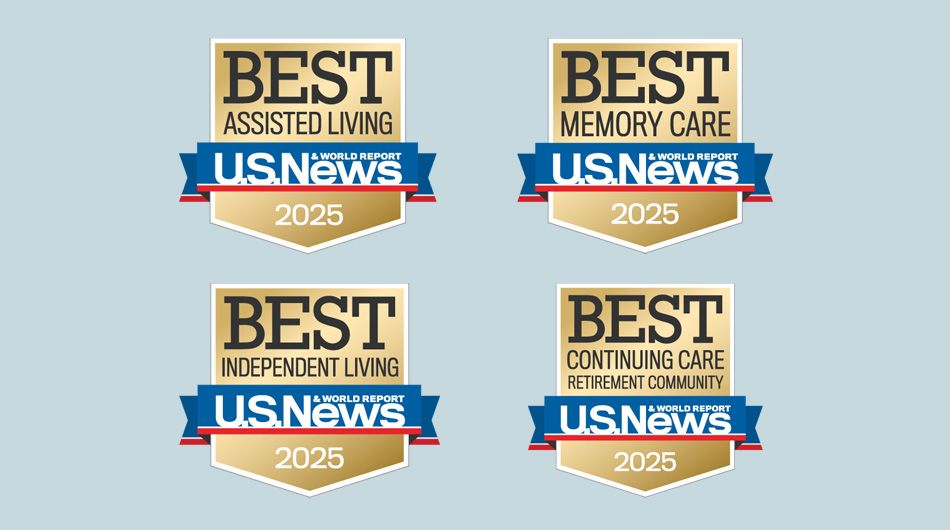The return on your investment from all other sales and marketing efforts depends on how your inquiry calls are handled. If you’re just talking the talk but not walking the walk, you’re going to lose the caller to a competitor.
If you’re looking to grow your care business, you’re likely investing in marketing resources to get the phone to ring more—both from potential clients and team members. While this is certainly important, you may be missing some crucial opportunities to convert more calls into business or new staff.
The return on your investment from all other sales and marketing efforts depends on how your inquiry calls are handled. You can invest a tremendous amount into an impressive website, effective PPC ads, social media advertising, and networking just to get the phone to ring and connect with qualified leads. But what if your calls aren’t handled well? Without the conversion, there is no return.
The Need to Nurture
The inquiry call must be nurtured and handled lovingly, because all of your sales and marketing efforts come down to this call. You invest a lot of time and money into telling people how great you are. If you’re just talking the talk but not walking the walk, you’re going to lose the caller to a competitor.
When a call comes in, your primary goal should be to schedule an in-person consultation. You’re far more likely to convert the caller to a client with an assessment. It allows you the opportunity to make a personal connection with the caller. They need to build trust in you, and that trust has to be earned. Your best opportunity to do this is through your body language, your smile, and a warm handshake—all of which help build trust and which can’t be accomplished over the phone.
Introducing the Assessment
A common mistake while trying to schedule an assessment is to present it as just paperwork that needs to be completed before services can begin. While there may be some paperwork required, the consultation (typically done in-person) provides so much more benefit to the person in need of care. A best practice is to showcase these benefits. Explain that it’s necessary to get to know the person to better understand their unique needs, develop a customized plan of care, and select the caregiver who will be the best match.
Naturally, not all callers will be prepared to commit to a consultation. As a back-up plan, collecting contact information should be a secondary goal of the call. The follow-up process is commonly overlooked: you need to secure the opportunity to send additional information that they can share with their family, and check-in to ensure their care needs are met in the future—even if they choose a different provider.
How Can You Succeed in Scheduling the Consultation?
Success in this realm takes understanding how the caller is feeling and what they are thinking. You need to understand their pain points and help them see your agency as the solution.
Each inquiry call allows you to move the caller from their starting emotion (fear, anxiety, urgency) to a more comfortable place (security, peace of mind, relief). During the call, find an opportunity to showcase your expertise and experience, and let compassion play a major role. Practice active listening during the call so they know they have been heard. Identify what they need and present your services in the form of a solution. If you keep this in mind, you’ll be more than halfway to closing, and achieve a higher return on your investment.
How Do You Know if Your Inquiry Management Process Is Working?
It is likely that you provided adequate inquiry training for your staff and outlined the expectations, however, the only way to know if your process is working is to review the results you’re achieving. Look for the following red flags to see if your inquiry management process might need some improvement:
Dos and Don’ts of Inquiry Management
Review this quick checklist to see what your inquiry management team is doing right, and where some additional training may be warranted.
The Consultative Sales Process
Utilizing the following process can help your staff avoid common errors and schedule the assessment.
Monitoring Inquiry Calls
Even if you think your staff are handling incoming calls well, monitoring your inquiry calls will reveal areas for improvement. There are a couple of useful tools you can use to accomplish this. One is mystery shopping, in which a third-party (typically the services of a home care marketing professional) calls with a home care-positioned need, and tracks how specific questions are answered. Another tool available is to utilize a call tracking system to record real inquiry calls. The system will notify the caller that the call is being recorded. Let your team know they’re being recorded as well. This can create opportunistic teachable moments for your staff for unusual or difficult calls, and enable you to see where additional training may be beneficial.
Equip Your Staff
Everyone who takes incoming calls should be familiar with the following:
With initial and ongoing training from a care marketing expert, your staff will feel more confident and successful in their role as your agency achieves improved, measurable outcomes.
About Erica Horner
Erica Horner is a home care consultant for corecubed, a dynamic marketing company dedicated exclusively to serving the in-home care industry. With over 11 years of multi-state experience in home care, Erica has a track record of organic growth as an operational leader, making her uniquely positioned to guide clients through all challenges of the home care industry. At corecubed, Erica provides professional consulting services to home care agencies across the country. To learn more about corecubed’s services, call 800-370-6580 or visit us at www.corecubed.com.
Related Posts












